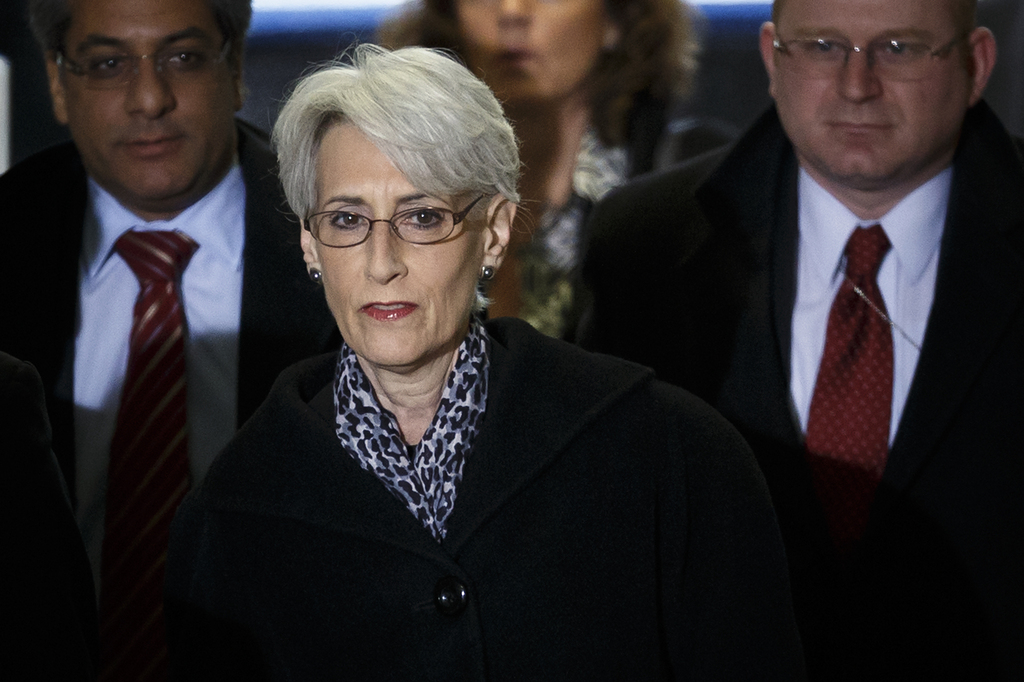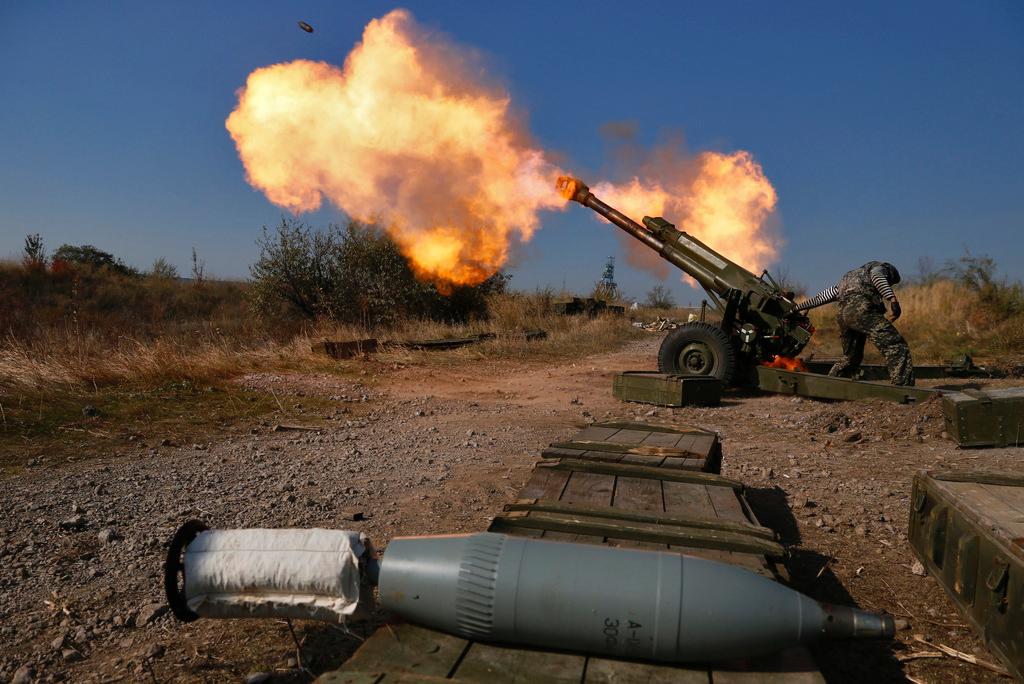Why small countries are often successful
Whenever the G5, G7, G8 or G20 gather to determine world affairs, small countries are often mere onlookers. Yet these countries are often successful in economic and social terms. Leading into the 45th St Gallen Symposium, political scientist Patrick Emmenegger looks at why.
Although “G20” is short for “Group of 20”, the “G” might as well be replaced by a “B” for “Big”, because the group is made up of those that are important, and that is what the small ones aren’t.
They are only paid attention to when a ranking is published which reveals that small countries, particularly those of Western Europe and the Far East, are among the richest, most innovative, most competitive, happiest and safest countries on earth. But why is that the case?
“Advantage of trust” in small countries
At first sight, small countries are in a difficult position. As a rule, they are not powerful enough to impose their own influence on world affairs in any substantial way. In economic terms, they have to accept prices rather than fix them. Decisions made by other, bigger countries often have a disproportional impact. In brief, it looks as if small countries usually get the short end of the stick.
As the American political scientist Peter J Katzenstein demonstrated on the basis of the example of Switzerland and other small democracies of Western Europe, however, small countries compensate for this perceived disadvantage by means of a high degree of flexibility and adaptability.
Small countries are usually aware of their vulnerability. They are therefore more prepared to cooperate across borders between parties and interests. Repeated interaction between an ultimately small group of decision-makers leads to the establishment of interpersonal trust.
Short distances (even from Lugano, it takes less than four hours to reach Bern by train) allow for personal meetings, which are also conducive to the formation of such trust. Finally, a country’s awareness of its distinct vulnerability owing to its small size results in an increased readiness to compromise in view of the possibly disastrous consequences of lasting conflict.
St Gallen Symposium
The St Gallen SymposiumExternal link is an annual global gathering of “Leaders of Today and Tomorrow” organised by the International Students’ Committee, a team of students from St Gallen University.
Its goal is to provide a setting for debates between current and future leaders on topics of management, politics and civil society.
The 45th St Gallen Symposium will take place from May 7-8, 2015, at the University of St Gallen.
Smallness – a question of self-concept
But is Switzerland a small country at all? If we look at its gross domestic product, Switzerland would really be an economic power. At least it would just about qualify as a member of the twenty biggest national economies. But Katzenstein is not concerned with a country’s objective size.
Whether or not a country is small is not a question of specific figures but the result of its self-concept and economic environment. A small country is a country that is aware of the fact that it is unable to play in the concert of the big ones. And if the Swiss economy wants to sell its products on the European market or if Swiss banks want to be present on the American financial market, then Switzerland will have to accept that these economic blocs use their size to dictate the terms of trade.
Viewed in this light, Switzerland and other small countries could be believed to have only two longer-term options: either to be David and defeat Goliath every now and then, or else to accept that from now on, things can only get worse.
Katzenstein, however, has a third and much better alternative: instead of spoiling for a fight (like the big ones) or giving up (and losing) at once, small countries should make use of their ability to adapt to a changing environment at a much faster rate. The ability to compromise internally and to adapt externally was Switzerland’s recipe for success in the past. It can continue to be just that in the future, too.
The views expressed in this article are solely those of the author, and do not necessarily reflect the views of swissinfo.ch.
Opinion series
swissinfo.ch publishes op-ed articles by contributors writing on a wide range of topics –Swiss issues or those that impact Switzerland. The selection of articles presents a diversity of opinions designed to enrich the debate on the issues discussed.

In compliance with the JTI standards
More: SWI swissinfo.ch certified by the Journalism Trust Initiative











You can find an overview of ongoing debates with our journalists here . Please join us!
If you want to start a conversation about a topic raised in this article or want to report factual errors, email us at english@swissinfo.ch.